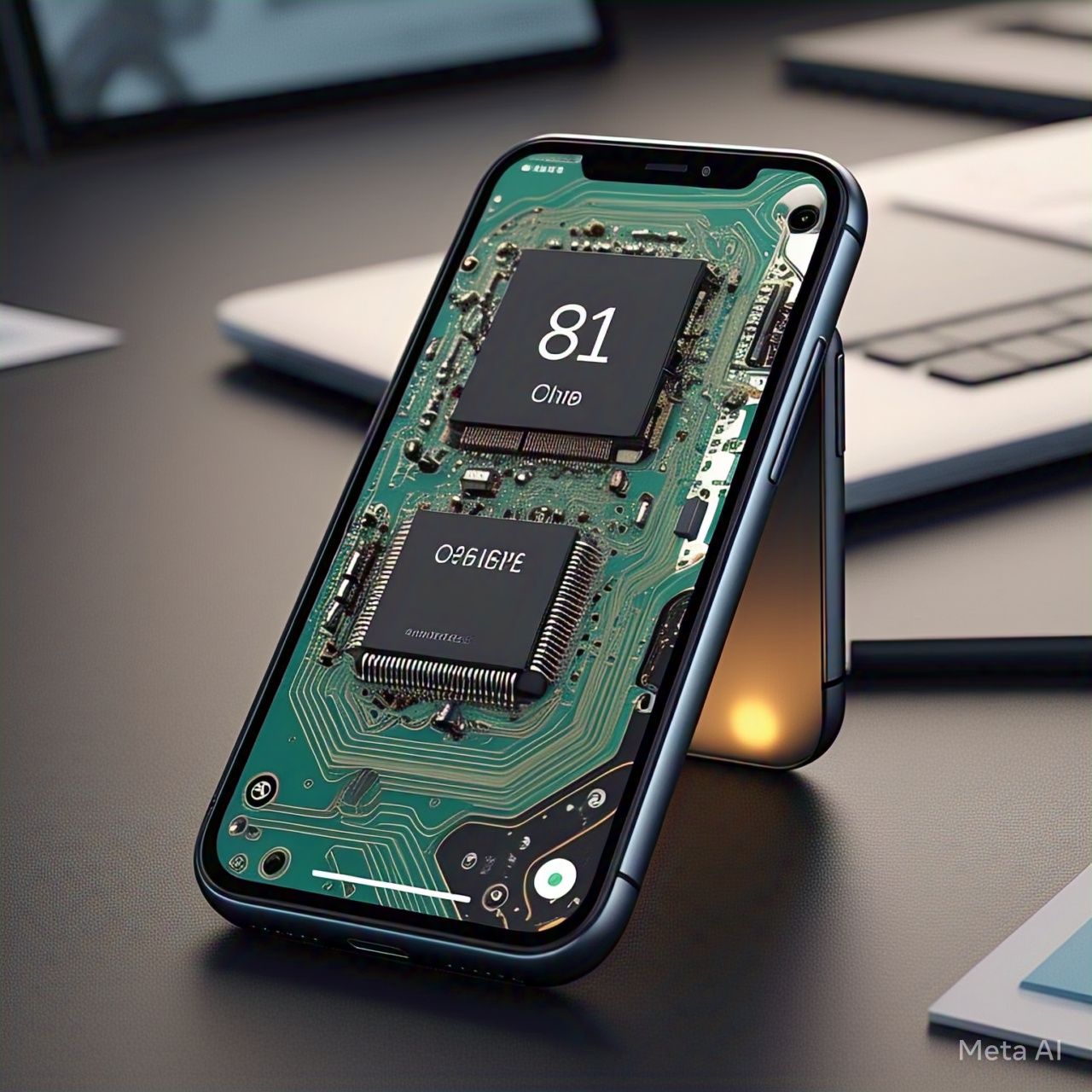Introduction
Battery life remains one of the most crucial aspects of smartphone performance. As mobile devices become more powerful, the demand for efficient power consumption increases. Enter AI-powered mobile chips—designed to enhance performance while minimizing battery drain. These intelligent processors leverage machine learning and advanced power management techniques to optimize energy efficiency, allowing smartphones to last longer on a single charge. But how exactly do AI mobile chips achieve this balance between power and efficiency? Let’s dive into the details.
The Role of AI in Battery Optimization
AI mobile chips, often equipped with dedicated Neural Processing Units (NPUs), are designed to handle complex tasks with minimal power consumption. By intelligently managing resources, these processors enhance battery life without compromising performance.
1. Smart Resource Allocation
AI-driven mobile chips analyze usage patterns and allocate processing power accordingly. Instead of running all cores at full capacity, AI determines which tasks require more power and which can be handled by energy-efficient cores, ensuring optimal battery consumption.
2. Adaptive Performance Scaling
Modern AI processors adjust CPU, GPU, and NPU performance based on real-time requirements. This dynamic scaling ensures that power-intensive tasks like gaming or video editing receive full processing power, while simpler activities such as browsing or messaging consume less energy.
3. AI-Powered Battery Management Systems
AI algorithms monitor app usage and optimize background processes to minimize unnecessary battery drain. Features like adaptive battery technology learn user behavior, prioritizing frequently used apps while limiting power access to rarely used ones.
Leading AI Mobile Chips Focused on Battery Efficiency
Apple’s A-Series Bionic Chips
Apple’s Neural Engine enhances battery life through machine learning-driven efficiency optimizations. Features like iOS adaptive battery management ensure that iPhones deliver maximum battery performance with minimal wastage.
Qualcomm’s Snapdragon AI Engine
Qualcomm integrates AI-based power optimization in its Snapdragon processors, enabling intelligent thermal management and efficient workload distribution. Snapdragon’s AI-powered battery-saving features help extend smartphone battery life without sacrificing performance.
Google Tensor Chips
Google’s Tensor processors leverage on-device AI to optimize power efficiency in Pixel devices. AI-driven task prioritization ensures that high-priority functions receive the necessary power while background processes remain energy-efficient.
Samsung’s Exynos AI Processors
Samsung’s Exynos AI chips feature intelligent power-saving mechanisms that enhance battery life by dynamically adjusting power output based on real-time usage. AI-driven optimizations reduce energy consumption during standby and low-power tasks.
MediaTek Dimensity AI Chips
MediaTek’s Dimensity series incorporates AI-driven energy efficiency, ensuring balanced performance and power management. AI-powered thermal control and smart charging technologies contribute to longer-lasting battery performance.
AI-Driven Features That Extend Battery Life
1. Adaptive Battery Technology
AI-powered adaptive battery systems analyze user habits to allocate battery resources efficiently. By limiting background activity for seldom-used apps, smartphones can conserve energy for essential functions.
2. Intelligent App Management
AI chips monitor app behavior, closing power-hungry background processes when they are not in use. This reduces unnecessary battery drain and extends standby time.
3. AI-Assisted Thermal Management
Excessive heat generation can impact battery longevity. AI-driven thermal control mechanisms regulate power distribution to prevent overheating, ensuring optimal energy efficiency.
4. Smart Charging Optimization
AI-powered chips analyze charging habits to prevent battery degradation. Features like optimized charging gradually charge the device to 80% and slow down until fully charged, extending overall battery health.
The Future of AI in Battery Efficiency
As AI technology advances, mobile processors will continue to push the boundaries of battery optimization. Future developments may include:
- Even smarter adaptive AI algorithms that predict and adjust battery usage more accurately.
- Ultra-low-power AI cores that enable efficient machine learning without significant energy consumption.
- Enhanced AI-driven thermal regulation to maintain optimal performance without overheating.
- Breakthroughs in AI-powered wireless charging that improve charging speed and efficiency.
Conclusion
AI mobile chips are revolutionizing smartphone battery efficiency by intelligently managing power consumption and optimizing resource allocation. With AI-driven adaptive battery management, intelligent app control, and smart charging features, modern smartphones can achieve longer battery life without sacrificing performance. As AI technology continues to evolve, the future of battery optimization looks even more promising, ensuring that smartphones remain powerful yet energy-efficient for years to come.





